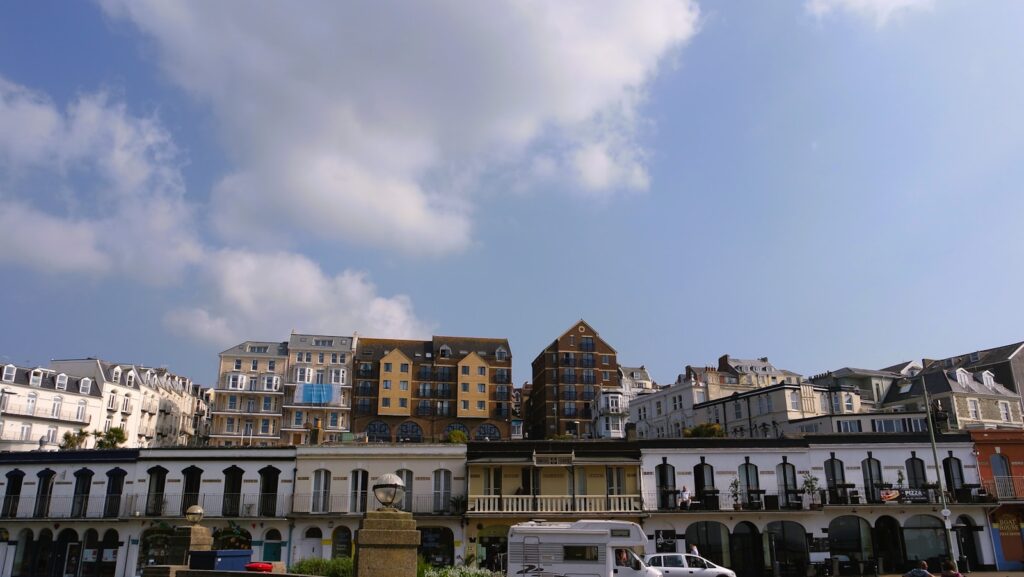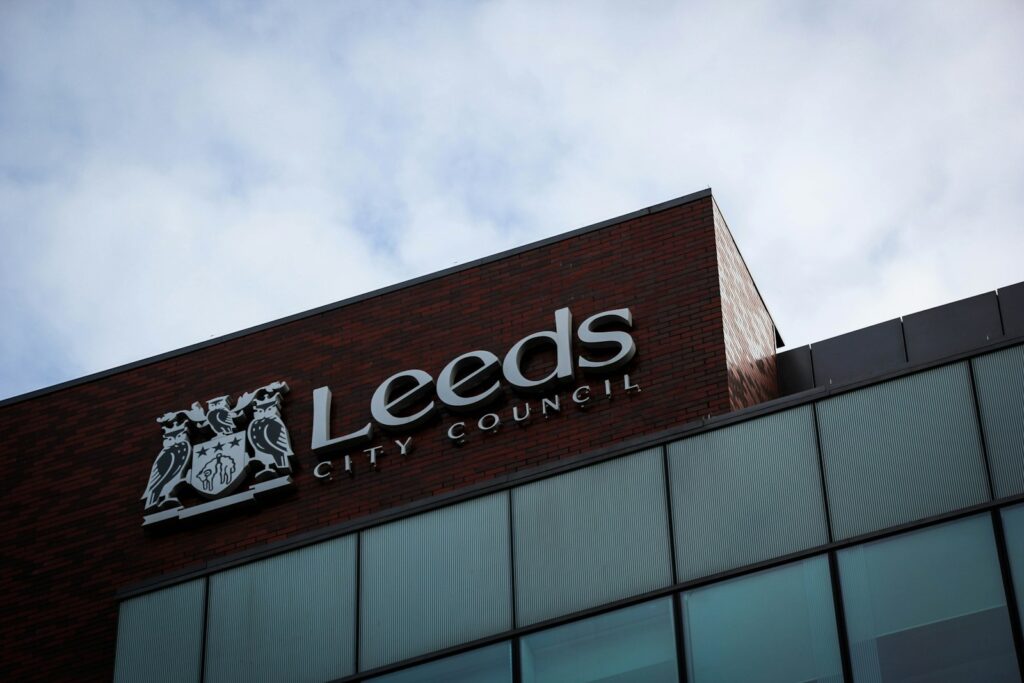The pandemic has re-shaped local government when it comes to new ways of working and transforming citizen engagement, writes Lorraine Smith, divisional managing director at Civica.
The Covid-19 pandemic has transformed the way that local government services are delivered. The sheer amount of additional work meant that councils needed additional resources urgently. While the implementation of new technologies has helped local government organisations overcome some of the challenges, it’s the resilience, adaptability and tenacity of the workforce that has gotten everybody through.
According to a survey of global public sector leaders, nearly half of respondents said they had no remote workers prior to the pandemic. Yet the legacy of Covid-19 means that some employees may never return to the office. The pandemic has not only re-shaped local government when it comes to new ways of working but also in transforming citizen engagement. This article will explore these changes, using examples following our series of roundtables in partnership with CIPFA attended by local councils, including Cheshire East Council, Manchester City Council, Royal Borough of Windsor and Maidenhead (RBWM), Surrey County Council and London Borough of Merton.
Delivering urgent services at speed and scale
Having to adapt quickly has pushed councils to become more agile. Propelled by the pressure to roll-out life-saving programmes such as local contact tracing, as seen in Redbridge, or community support, like Liverpool’s Community Helper, councils have had to bolster investment in the cloud to move more services online to increase availability.
This agility was also reflected in the way councils responded to remote working. Outdated, manual processes were quickly replaced with more innovative, cloud-based collaboration tools such as Microsoft Teams. Councils like Cheshire East had to send out thousands of devices to allow employees to work from home – and they did so in less than a month. Most councils are also now considering standardising hybrid working patterns. For many, even citizen-facing roles such as contact centre and front of house, employees will be able to apportion some of their time to home working in the future.
A renewed focus on mental health
Another positive is that the pandemic has improved and increased the profile of local government, giving councillors a much-needed confidence boost. That said, employees’ resilience has been tested. In recognising this and the risk of employee burnout, local authority leaders at RBWM and Cheshire East are already looking at ways to delineate between work and life and enhance employee wellbeing. At RBWM, suggestions have included walking meetings and reducing the number of unnecessary video calls, but more will need to be done to scale up mental health initiatives in the public sector. Despite not wanting to return to full-time office work, employees are also reporting missing the social aspects of council life. In fact, almost all the participants in a recent roundtable, hosted by Civica and CIPFA, expressed a desire from employees to get back in the office as soon as is feasible, with many recognising that having all citizen services by phone or video is not sustainable long-term.
Digital first but not by default
Manchester City Council recently pointed out that ‘digital by default’ does not suit all demographics, particularly when digital exclusion remains a huge societal issue in the UK. The pandemic has highlighted the importance of technology access to meet basic needs, such as work, school and shopping for essentials. In response, as discussed during the roundtables, Manchester has put a digital exclusion strategy in place for its 17,000 citizens who don’t currently have access to high-speed internet or devices.
Nevertheless, the switch to digital communications has brought many benefits to local communities. For starters, it has widened audience participation in local council matters. RBWM has seen a significant increase in engagement with council meetings, as citizens can now join remotely. Councils have also tried out new forms of communication to better target different age groups. For example, RBWM has trialled using Snapchat to engage with younger audiences via its children’s services whilst digitising library events has seen increased participation. Going forward, local government must continue identifying how people want to be engaged with and keep up with the pace of digital change in response to this.
Keeping pace with an evolving technological landscape
However, while the adoption of new technologies to deliver faster and better services has been the focal point, the pandemic has also forced local authorities to recognise the importance of resilience testing and strengthening cybersecurity protocols. Amid intense pressure to continue delivering critical citizen services, councils simply would not have been able to afford an outage or cyberattack. As discussed throughout the roundtable sessions, this is one area that council leaders will need to keep a close eye on post-pandemic, as they look to integrate even more innovative tools, such as AI or VR, which may widen the scope for IT services to become compromised.
A bright post-pandemic future
Local councils have proved themselves to be true heroes of the community throughout the crisis, from rapidly responding to local outbreaks to onboarding community volunteers for the vaccination programme. We expect to see a renewed sense of confidence in local government, from both citizens and employees once the pandemic subsides.
The past year has taught us that local authorities can be as agile as private sector organisations, and innovative technologies can be trialled and implemented rapidly and effectively in the public sector. Looking ahead, local government leaders must ensure the pace of change continues and the innovative mindset remains, while also maintaining balance and prioritising employee wellbeing and mental health support in the years to come.
Photo Credit – Pixabay

















Leave a Reply